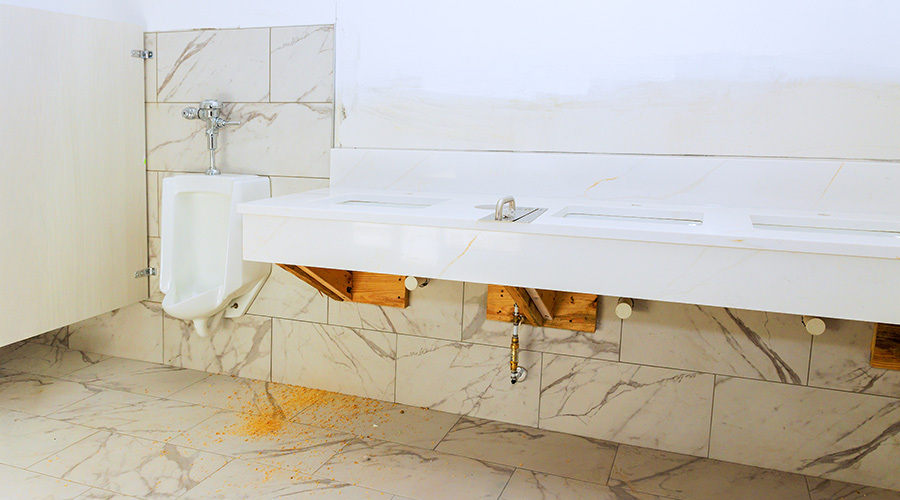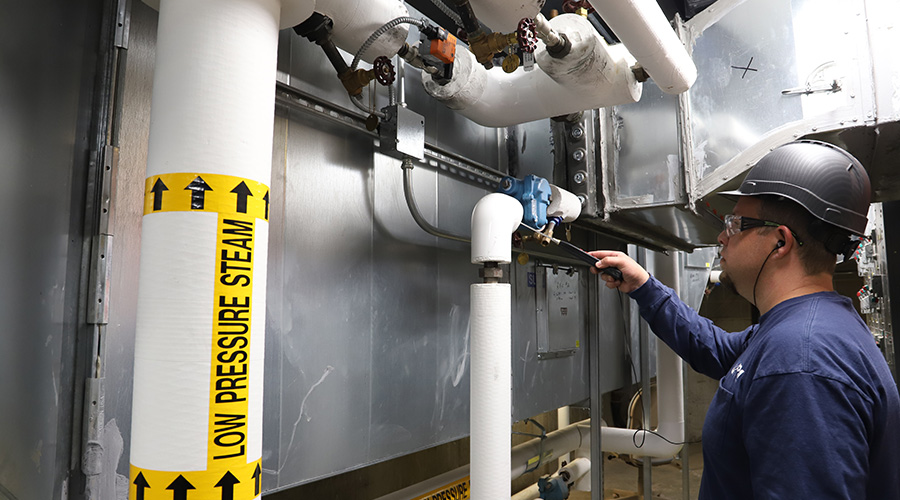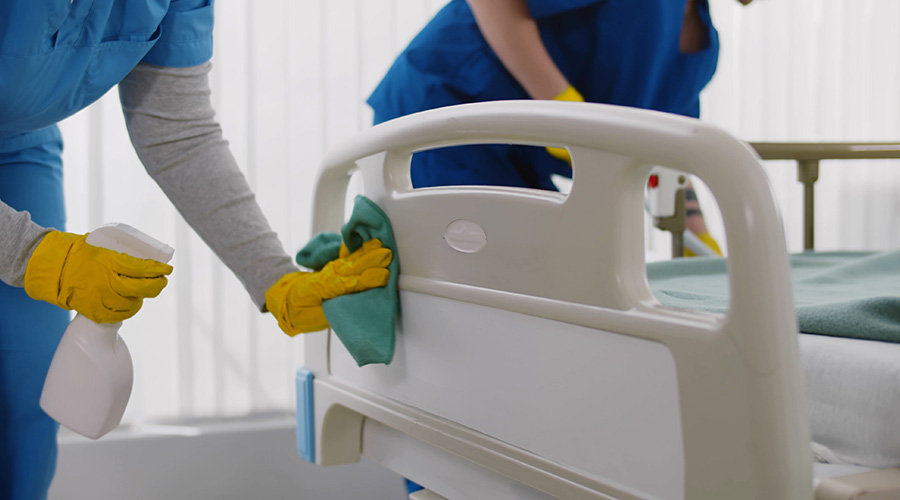ePIPE Team Awarded U.S. Patent - for application of an 'in-place' coating to protect underground pipes against water loss due to leaks
|
|
Pipe Restoration Technologies, LLC, (PRT) makers of the ePIPE®, Lead-Free, Leak-Free™ and LeadSmart® product lines, announced that it has been granted U.S. patent #9744561. This patent is related to the ePIPE system of in-place pipe restoration which providesprotection to underground pipes against leaks and harmful lead and copper leaching.
|
|
“ePIPE is providing superior solutions in response to real-time issues of providing protection against leaks and reducing the leaching of toxic metals like lead and copper from underground pressurized water supply pipes. With some utilities reporting water loss due to leaks at 35% or greater our solution provides a significant opportunity to address water loss”, said Pipe Restoration Technologies CEO Larry Gillanders. “ePIPE applicators save their customers time and money with ePIPE’s fast installation.Protecting underground water carrying pipes including lead service lines (LSLs) can be completed in under four hours per line and often with no excavation on the home owner’s property.”
Pipes protected with ePIPE reduce the loss of water and reduce the leaching of toxic lead and copper into drinking water to well below U.S. Environmental Protection Agency (EPA) and World Health Organization (WHO) cut-off levels. Pipes from as small as 1/2'' in diameter can be protected in-place using the patented ePIPE system and materials.
|
|
August 30, 2017
Topic Area:
Press Release
Recent Posts
Microscopic survival structure protects fungal pathogen from disinfectants and help it survive for long periods.
Manufacturers discuss strategies, technologies and design approaches that help healthcare facilities meet their sustainability goals.
Case study: A proactive steam trap maintenance program is delivering millions in savings, fast payback and measurable carbon reductions across one of the nation’s largest health systems.
Cleaning methods and products have various purposes in reducing the spread of germs.
The third party has determined through an investigation that, at least as early as January 22, 2025, an unauthorized third party gained access to personal health information on legacy systems.

 Biofilm 'Life Raft' Changes C. Auris Risk
Biofilm 'Life Raft' Changes C. Auris Risk How Healthcare Restrooms Are Rethinking Water Efficiency
How Healthcare Restrooms Are Rethinking Water Efficiency Northwell Health Finds Energy Savings in Steam Systems
Northwell Health Finds Energy Savings in Steam Systems The Difference Between Cleaning, Sanitizing and Disinfecting
The Difference Between Cleaning, Sanitizing and Disinfecting Jupiter Medical Center Falls Victim to Third-Party Data Breach
Jupiter Medical Center Falls Victim to Third-Party Data Breach